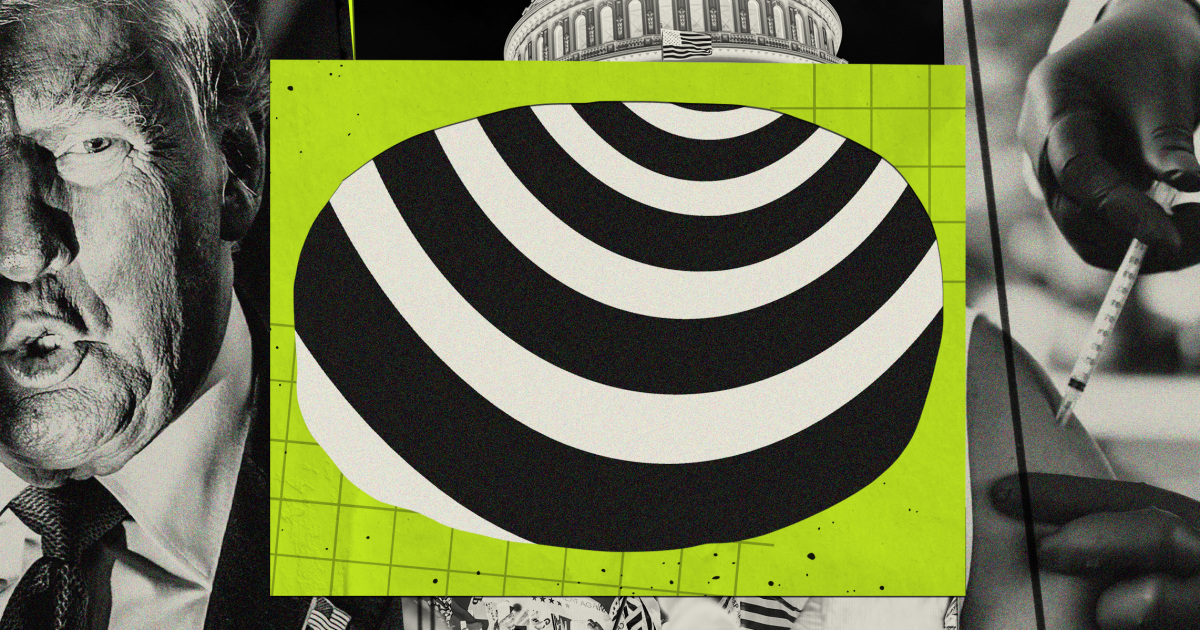The U.S. presidential election comes at a time of ideal circumstances for disinformation and the people who spread it.
Disinformation poses an unprecedented threat to democracy in the United States in 2024, according to researchers, technologists and political scientists.
As the presidential election approaches, experts warn that a convergence of events at home and abroad, on traditional and social media — and amid an environment of rising authoritarianism, deep distrust, and political and social unrest — makes the dangers from propaganda, falsehoods and conspiracy theories more dire than ever.
The U.S. presidential election comes during a historic year, with billions of people voting in other elections in more than 50 countries, including in Europe, India, Mexico and South Africa. And it comes at a time of ideal circumstances for disinformation and the people who spread it.
An increasing number of voters have proven susceptible to disinformation from former President Donald Trump and his allies; artificial intelligence technology is ubiquitous; social media companies have slashed efforts to rein in misinformation on their platforms; and attacks on the work and reputation of academics tracking disinformation have chilled research.



The Safe Harbor provision of Section 230 of the DMCA should have been revised a decade ago, at least. Service providers such as Twitter and Facebook cannot claim to be blameless third party hosts of content in the same way that telecom providers are, who simply provide a channel of communication.
By taking on the role of curators of information via the use of algorithms that selectively push user-generated content to users of the service, they are engaging in the role of a publisher rather than a means of conveyance or a neutral distributor, and as such should be held as liable for the publication of misinformation as any other media that controls editorial responsibility for published information.
While I understand the argument that 230 was necessary to allow these companies to grow the internet, we’re now talking about individual companies with worths of hundreds of billions of dollars in an industry worth trillions, and the excuse that policing content is not economically viable just do not hold - especially when policing content by pushing articles and media to drive engagement is exactly what they do and what their businesses depend on.